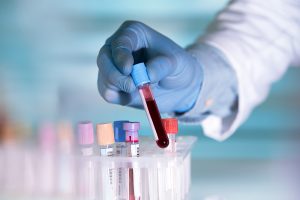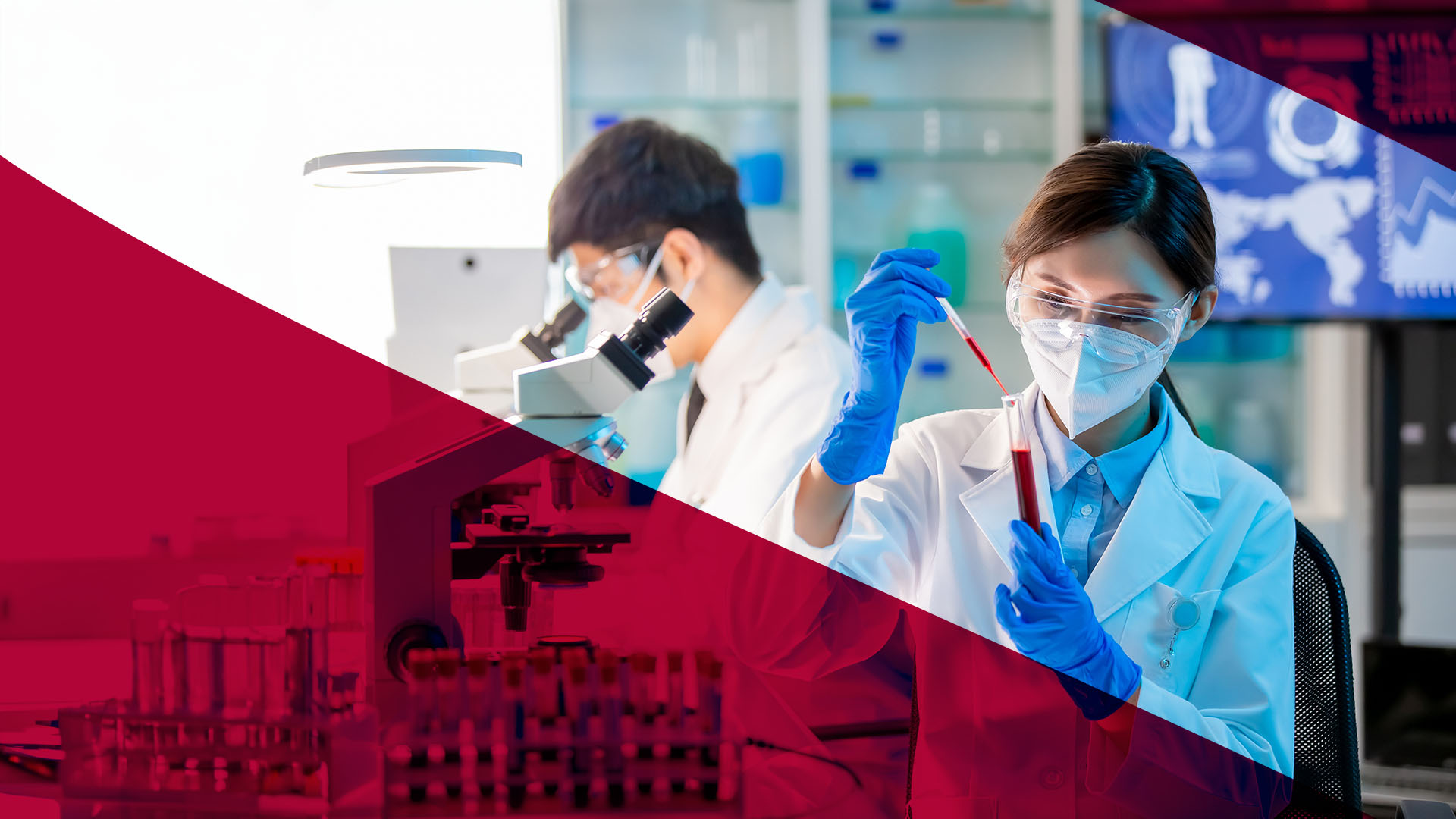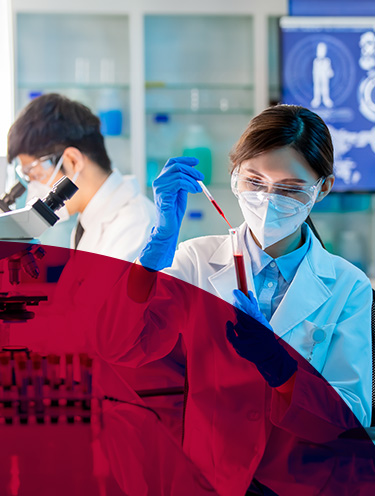By Dr Seah Seng Wee, Assistant Dean at PSB Academy and Life Science lecturer at School of Health and Life Sciences
Think of the hit series ER (Emergency Room) and what do you get? High-stakes moments where the right blood type or group for a transfusion can mean the difference between life and death. It's in these critical junctures that the complexity of blood groups comes to the forefront, emphasising their vital role in medical science and patient care. In 2022, the medical community was introduced to a significant development: the identification of a new blood group named "Er". This addition has opened up new avenues for understanding how our bodies work and interact with medical treatments.
The discovery of the Er blood group marks a key milestone in research, pointing to potentially transformative changes in how we approach everything from transfusions to the development of new therapies. Looking into this new finding, the potential insights the Er blood group could reveal about our health and susceptibility to diseases are immense. This advancement deepens our appreciation for the complexity of blood and its critical role in saving lives, both in emergency rooms and beyond.
The Significance of the Er Blood Group
The discovery of the Er blood group has ended a 30-year mystery, captivating the medical community. This pivotal research, carried out by the University of Bristol and NHS Blood & Transplant (NHSBT), unveiled novel antigens Er4 and Er5, alongside the previously recognised Era, Erb, and Er3. These findings, detailed in the American Society of Hematology's journal Blood, significantly expand our understanding of blood group systems, establishing Er as a distinct entity.
Key to this advancement is the PIEZO1 gene, known for its role in various biological functions, including those affecting red blood cells. The exploration into Piezo1 antigen involvement not only clarifies the genetic basis of the Er blood group but also emphasises its potential in addressing rare conditions like haemolytic disease of the foetus and newborn.
Marked as the 44th blood group system, Er's discovery enriches our grasp beyond the ABO and Rh systems, highlighting the importance of recognising and understanding the diversity of blood groups. This insight is crucial for improving transfusion practices and pregnancy care, ensuring patients with rare blood types receive tailored and effective treatments. Through this breakthrough, the door opens wider to personalised medicine, promising enhanced outcomes for patients across the globe.
Blood Types and Their Impact on Health

Blood types are categorised into A, B, AB, and O, based on specific antigens found on the surface of red blood cells. In addition to these antigens, there's the Rh factor, which can be either present (+) or absent (-), leading to the eight common blood types: A+, A-, B+, B-, AB+, AB-, O+, and O-. The presence or absence of the Rh factor is crucial for determining blood compatibility during transfusions and organ transplants, as mismatches can lead to adverse reactions.
With the introduction of the Er blood group, our comprehension of the blood types' role in health and disease susceptibility deepens. Research indicates that certain blood types, notably Type O, might have a lower risk of contracting diseases like COVID-19, compared to Type A, which might be at a higher risk. This is because the virus may interact differently with the antigens of these blood types.
Moreover, the broader implications of blood characteristics, such as the role of oestrogen receptors (ER) in breast cancer and ER stress in cardiovascular diseases and diabetes, suggest that blood composition significantly impacts various health conditions. The discovery of the Er blood group offers potential new insights into these complex interactions, possibly affecting the approach to managing and treating these diseases. As such, understanding the specific details of an individual's blood type can lead to more tailored and effective treatments and preventive measures.
Exploring Life Sciences at PSB Academy
The unveiling of the Er blood group underscores the vibrant future of life sciences, highlighting the importance of pioneering research in understanding health and disease. For those captivated by such scientific advances, PSB Academy’s life science degree programmes stand as a prime opportunity. In partnership with prestigious institutions like La Trobe University and the University of Newcastle, Australia, these programmes are meticulously designed to foster innovation and expertise.
PSB Academy’s life science courses in Singapore cover a wide array of specialisations:
- Applied Chemistry: This specialisation offers practical experience in developing new materials and pharmaceuticals, crucial for advancements across numerous sectors.
- Biotechnology: Students will explore the latest in cellular and genetic technologies, key to the future of medical diagnostics and biotechnological breakthroughs.
- Pharmaceutical Science: Focused on the path from research to clinical use, this area teaches the inner workings of creating safe and effective medications.
- Biomedical Science: Here, learners explore the mechanisms of human health and disease, setting the stage for the next generation of medical discoveries.
At PSB Academy, our school’s life sciences courses combines detailed curriculum with practical laboratory experiences, guided by a skilled faculty of experts and researchers. This blend of theoretical knowledge and hands-on practice prepares students for a successful future in the fast-evolving life sciences field.
Embarking on a life science degree with PSB Academy is the first step towards a journey filled with discovery, innovation, and significant career opportunities. If you're curious about what life at PSB Academy offers and how a life sciences course can provide you with a head start in your career, we encourage you to get in touch with us. Join our community and be at the forefront of scientific advancement and healthcare improvement.




 TOP
TOP





